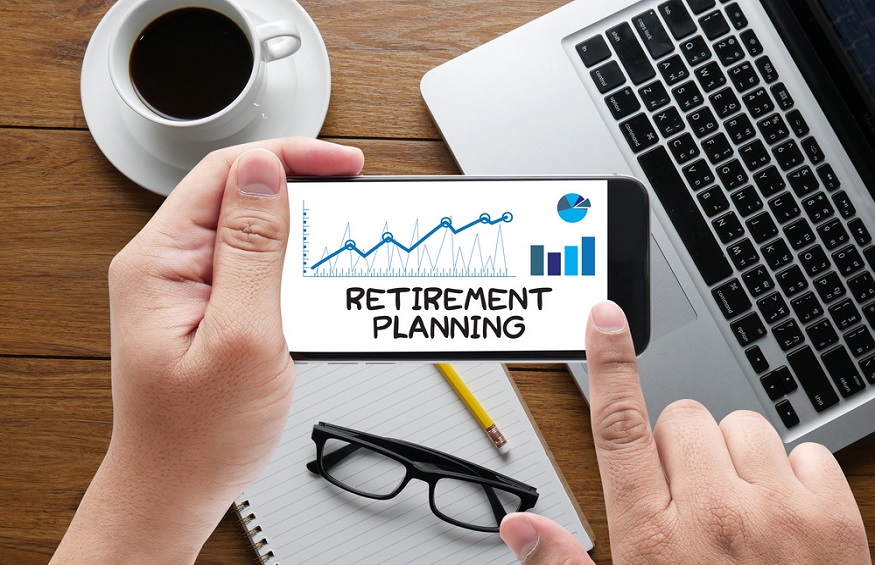Retirement plans sure have changed a lot. Pensions used to be the thing. Today, they are almost unheard of. People have 401(k)s, 403(b)s, and IRAs instead. Why such drastic changes? It boils down the differences between defined benefit (DB) and defined contribution (DC) retirement plans.
In the strictest sense, genuine pensions are DB plans. All of the other options are DC options. Companies began transitioning away from pensions back in the 1980s because the plans got too expensive. Alternative 401(k) plans were more affordable. However, it is interesting to note that it’s possible these days to offer employees either 401(k) or 403(b) plans with some pension-like benefits attached.
The Two Types of Plans
As a general agency representing more than a hundred carriers and thousands of brokers, Dallas-based Benefit Mall says that DB and DC plans are on opposite sides of the retirement spectrum. A DB plan is a plan that guarantees a certain level of benefits at retirement. Government pensions are some of the best examples.
In a DB scenario, employer and employee both contribute during a given worker’s career. At the time of retirement, the plan pays out a guaranteed amount every month. In most cases, DB plans also include health insurance of some sort.
A DC plan makes no guarantees for the future. Rather, employer and employee contribute to a plan that combines funds for investment purposes. Each individual’s retirement account will grow or shrink according to how well the plan administrator’s investments perform. At the time of retirement, an individual’s account pays benefits from its balance.
Traditional Pensions Unsustainable
The private sector began abandoning pensions a little over 40 years ago when it became clear that many were not sustainable. They did the math and discovered it wasn’t working out. What was the problem? Guaranteed benefits.
Pension plans make money the same way 401(k) plans do: through investing. But when a pension plan’s investments don’t go so well, there is less money to pay benefits. Along with that, a gradually increasing average lifespan and longer retirement periods made traditional pensions unsustainable.
Washington and the states still tend to offer DB plans to public employees. But that’s about it. Almost all private sector companies offer either a 401(k) or some other option.
Pros and Cons of Both
You might be tempted to think that a DB plan is better because it guarantees your benefits at retirement. That much is true, but both types of plans have their pros and cons. The two downsides with pensions are that you don’t get to control your contributions and you might be out of luck if your plan fails due to unfunded obligations.
With a defined contribution 401(k), you control how much you contribute. You also get some say about your investments. On the downside, you may not get enough to live on in retirement if your investment choices do not perform so well.
DB pension plans used to be the only game in town. Then came DC plans and pensions no longer look so attractive. Today, the DC retirement plan dominates the market. Will something replace it down the road? Do not be surprised if it happens. In the meantime, make sure you understand your plan and how it works.
If you are a small business owner whose company doesn’t yet offer a retirement plan, know that plan administrators now offer some very affordable plans. You can give your team a good plan that will help them save for retirement without killing your budget. It will not be a DB plan by any means, but it can be a workable plan.

